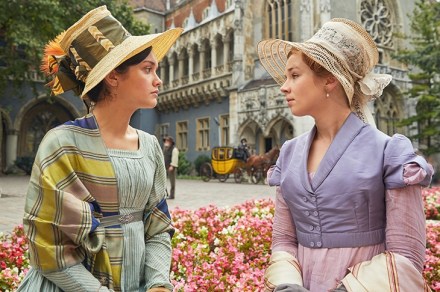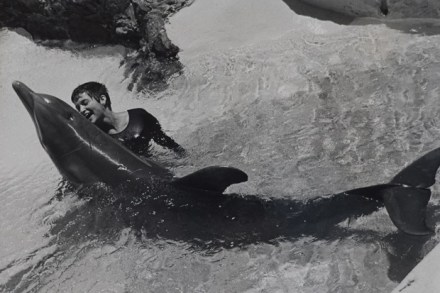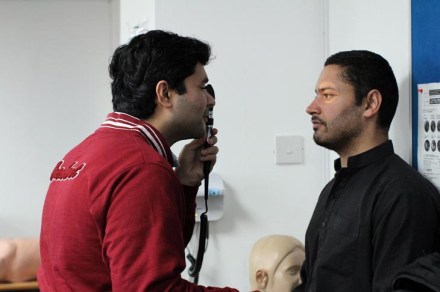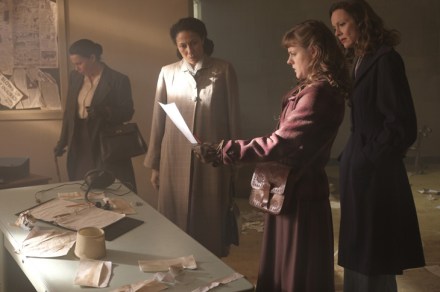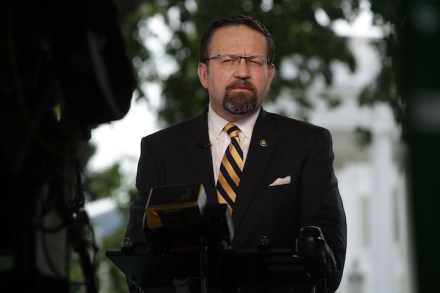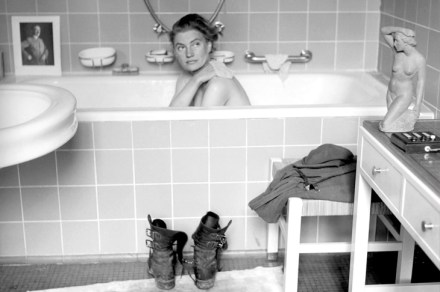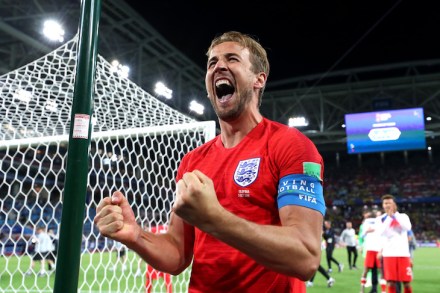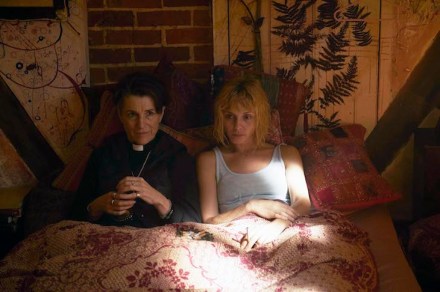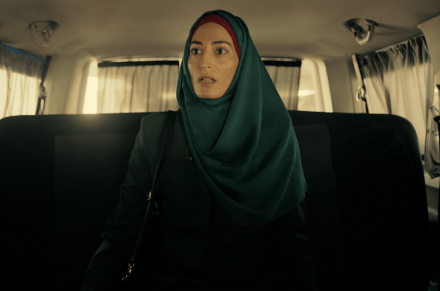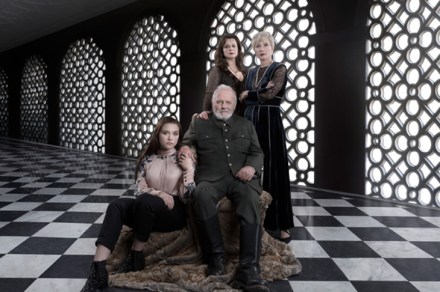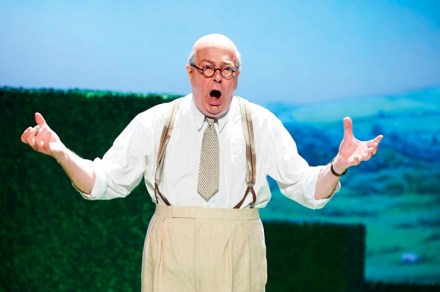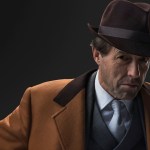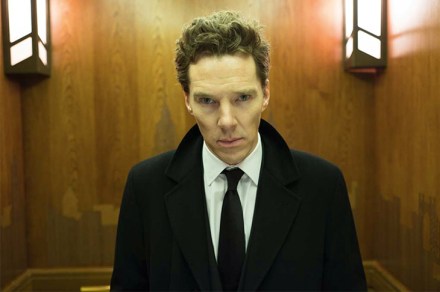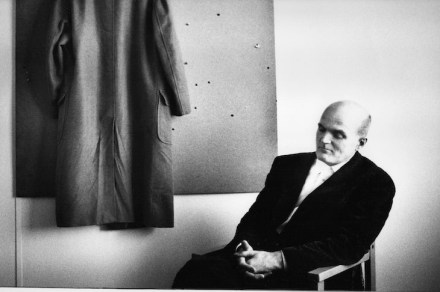Football focus | 27 September 2018
‘Football holds a mirror to ourselves,’ Michael Calvin asserts in State of Play. Modern football is angrier, more brutal, more unequal and simply more relentless than ever before. The sense of a football club being rooted to its locality has been shattered. Globalisation, and hyper-commercialisation, means that local owners have been replaced by ‘speculators and savants’ from abroad. Locally reared players, victims of football’s global free market in talent, have become rare. To receive the TV bounty that teams in the Premier League enjoy, ‘You have to create the most competitive team, which doesn’t necessarily include young Johnny from the academy,’ explains Scott Duxbury, the chairman and chief executive of



